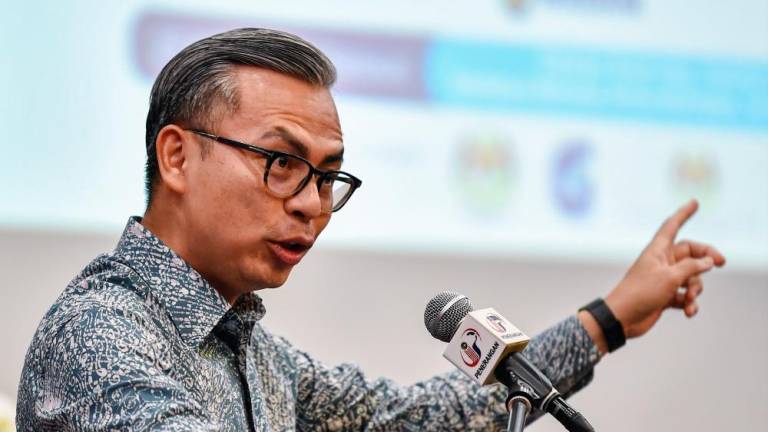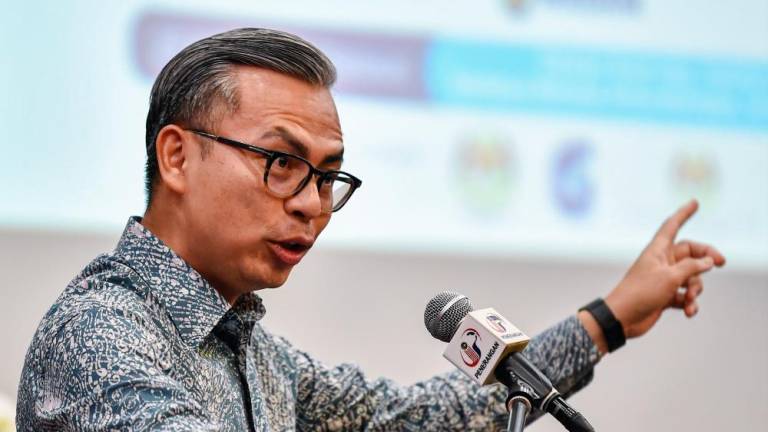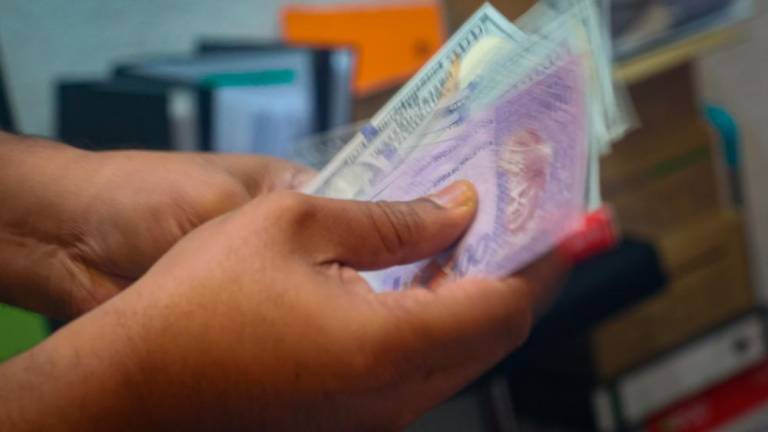PETALING JAYA: The world will be a very different place post-covid but with the right measures, Malaysia can recover strongly.
However, experts say that drastic measures to deal with every issue from health to social justice are essential.
For a start, people will have to accept that the world is unlikely to see the end of Covid-19, said Heriot-Watt University Malaysia pro-chancellor Tan Sri Dr Jemilah Mahmood.
“The shift from pandemic to endemic is only psychological. We must realise that our individual and collective actions have consequences that may return to haunt us,” she said.
Jemilah, who was among several experts who spoke at the recently concluded Hasanah Forum 2021, said the people would have to recognise that there are links between their actions and the emergence of zoonotic diseases (transmitted from animals to humans), such as Covid-19.
The forum, held last month, brought together 38 thought leaders to express their views and to formulate plans for recovery from the pandemic and to achieve shared prosperity, enhance inclusiveness and pave the way for a more sustainable Malaysia for future generations, in line with the tenets of Keluarga Malaysia.
Jemilah, who is also executive director of the Sunway Centre for Planetary Health, pointed out that destructive actions such as deforestation and wildlife trafficking fuelled by greed are part of the cause of the rise in outbreaks of zoonotic diseases, increase in climate instability and the widening gaps in well-being within and between communities.
“The time has come for a significant all-of-society shift in mindset. This is possible with good and inspirational leadership, coupled with the help of a media that shares the commitment to change,” she added.
Principal research fellow at the Institute of Ethnic Studies at Universiti Kebangsaan Malaysia, Datuk Dr Anis Yusal Yusoff, said a review of the narrative is necessary to address inequalities that plague society.
He said credit should go to civil society organisations that have been proactive in pushing for change and seeking innovative and result-driven outcomes for the communities they serve.
Anis Yusal added that institutional reforms should be given greater attention if society is to be effective in addressing social injustices.
“We must also rise to the call to equip ourselves with knowledge and be socially and politically savvy. We must be adept at dealing with matters confronting the nation and be a voice of conscience.”
On the subject of children’s rights, Yayasan Chow Kit co-founder Datuk Dr Hartini Zainudin pointed out that the poorest communities in almost any region also tend to be in the minority and are usually marginalised.
“Child poverty within marginalised communities must be viewed as both a cause and a manifestation of the diminished rights, opportunities and social advancement available to other children in Malaysia,” she told theSun.
She said the dire situation of many marginalised children are often exacerbated by factors such as discrimination, inequality and racist or xenophobic notions, limiting their access to education, health and employment opportunities.
“Holistic and sustained approaches that recognise the rights of all children as individuals in distinct minority communities are necessary to ensure they have access to essential services and programmes,” Hartini said, adding that the government should understand that protecting children empowers all.
“The government’s role should be to deliver inclusive, pro-poor growth and set more inclusive, long-term and far-sighted visions for a better Malaysia for all children.”
Foundation for Community Studies and Development director Koh Onn Sein, who spoke on behalf of the Orang Asli and on the environment, said a whole-nation approach was essential to address poverty faced by the indigenous communities.
“Studies have shown that indigenous peoples are the best protectors of the forest and their ties with the environment and climate change are inextricable.”
He said more recently, their link has also extended to include the economy.
“The government cannot do this alone. Civil society and the private sector should also regard indigenous peoples as leaders in nature economics and the best partners in forest conservation.”
Koh said by investing in infrastructure to enable Orang Asli to build a green economy through natural farming, it is possible to raise the income of each household to RM2,500 a month.
He added that the multiplier effect from fair markets and other infrastructure could help to raise the community’s revenue above that which is derived from logging concessionaires.















